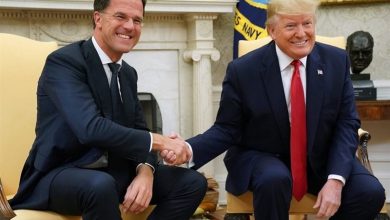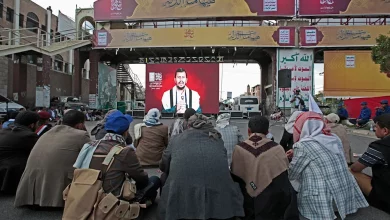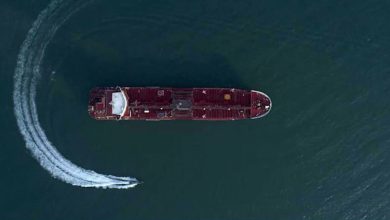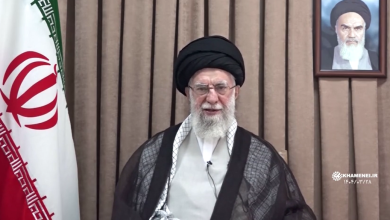Zionist regime forces attack, injure Palestinian protesters in West Bank
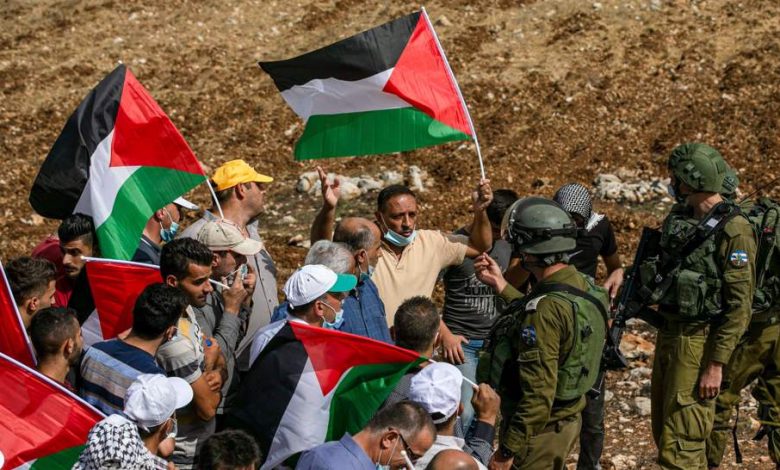
Israeli forces have attacked Palestinians taking part in protests against Israeli settlements in the occupied West Bank, leaving a number of people injured.
Palestinian media reports said the latest act of violence took place in Burqa Village, north of the Palestinian city of Ramallah, on Friday.
The Israeli soldiers fired tear gas and rubber bullets at the Palestinian protesters.
Israeli forces also attacked the journalists who were present at the scene, damaging their equipment.
Also on Friday, Israeli settlers set fire to Palestinian agricultural lands in Burqa.
There were also reports of clashes between Israeli forces and Palestinian youths near the northern occupied West Bank city of Qalqiliya.
According to human rights groups, incidents of sabotage and violence by extremist Israeli settlers against Palestinians and their property occur on a daily basis throughout the West Bank.
More than 600,000 Israelis live in over 230 settlements built since the 1967 Israeli occupation of Palestinian territories of the West Bank and East Jerusalem al-Quds. All Israeli settlements are illegal under international law.
The United Nations Security Council has condemned Israel’s settlement activities in the occupied Palestinian territories in several resolutions.
Back in September, Israeli Prime Minister Benjamin Netanyahu approved the construction of over 5,000 units in the occupied West Bank, in contravention of international law.
Palestinians have been staging protests against the Israeli settlement construction.

